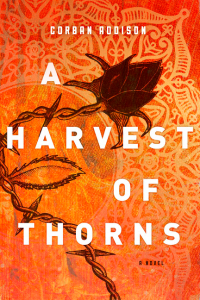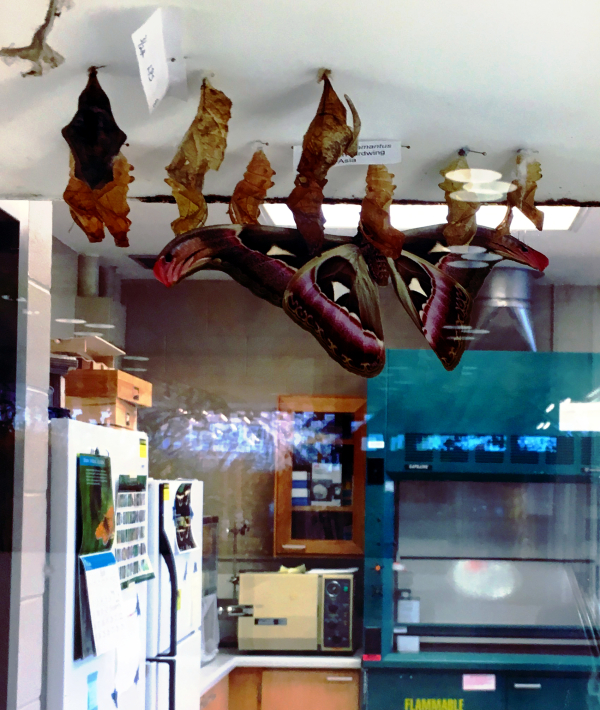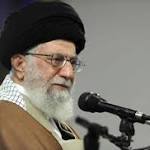by Sara Belhay

When the UN decided to appoint the fictional character Wonder Woman as the honorary Ambassador for the Empowerment of Women and Girls, I had a few issues with this, and I wasn’t the only one…

Protests ensued after the appointment of Wonder Woman as the UN’s Ambassador for the Empowerment of Women and Girls.
Sponsored by Warner Bros and DC Entertainment, the campaign was part of the UN’s Sustainable Development Goal 5; set to achieve gender equality for women and girls by 2030. The appointment of Wonder Woman sought to highlight women and girls around the world that are ‘wonder women in their own right’ who overcome barriers to achieve their goals.
The appointment was not received well with roughly fifty UN workers turning their back in protest. A petition signed by just over 45,000 people called out the character’s ‘overtly sexualised image’ which is ‘not culturally encompassing or sensitive’ and that the position was ‘too important to be championed by a mascot’. This begs the question – how is it the UN could not find a real life woman to advocate the rights of all women and girls?
The campaign was set to run over the course of a year but ended after just two months. It is unclear whether the UN plan to relaunch the campaign with someone new.
This inspired me to create a list of ten women, I believe are far more suitable for the role.
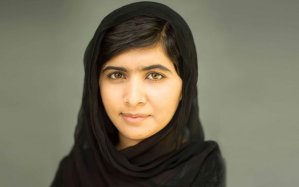
Image source: parade.com
1. Malala Yousafzai: Shot by the Taliban for her activism and determination in giving girls in Pakistan access to a free quality education, she is the youngest person to ever receive the Nobel Peace Prize. The Malala Fund, an organisation she co- founded in 2014 with her father, has funded education projects in six countries, empowering girls to achieve their potential through education. Malala advocates globally for education as a fundamental social and economic right.

Image source: Al Jazeera English YouTube
2. Obiageli Ezekwesili: Founder of the anti-corruption organisation Transparency Internnational, Ezekwesili has also held the position of Nigeria’s Minister of Education in 2006, and was the Vice President of the World Bank’s Africa Division from 2007-2012. Ezekwesili organised a global campaign #BringOurGirlsBack after more than 200 girls were kidnapped from a Chibok school by Boko Haram’s militant group in 2014. Twenty-one girls were recently freed, but the campaign continues for the release of the others.

Image source: Radio Free Europe
3. Shirin Ebadi: Served as the first Iranian judge before being removed from her post after the 1979 Iranian Revolution because she was a woman. Outraged, Ebadi claimed early retirement but in 1992, acquired a lawyer’s licence and established her own practice. Ebadi prioritised cases concerning the unfair treatment of women and children and in 2003 was the first Muslim woman to receive the Nobel Peace Prize. Now living in exile, Ebadi is the co- founder of the Nobel Women’s Initiative and continues advocating for human rights globally.

Image source: BBC News
4. Li Tingting: Was detained and tortured for thirty seven days in 2015 by the Chinese government for her plans to campaign about sexual harassment. The detention of Tingting and four other feminist activists gained international attention and triggered a global campaign #FreeTheFive. One year on, Tingting continues advocating for gender equality and is campaigning against forced marriages.

Photo by Michael Angelo
5. Leymah Gbowee: Received the Nobel Peace Prize in 2011 for leading a women’s peace movement to end Liberia’s second civil war. Gbowee is a founding member of the Nobel Women’s Initiative and in 2012, established a non-profit organisation – Gbowee Peace Foundation which provides educational and leadership opportunities for women and girls in Liberia. Gbowee actively speaks out internationally about the vulnerability women and children experience in war torn areas and gender based violence.
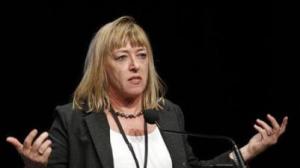
Image source: SABC News
6. Jody Williams: Is the founding coordinator of the International Campaign to Ban Landmines, which within five years, succeeded in advocating for an international treaty banning anti-personnel landmines; which Williams received the Nobel Peace Prize for in 1997. Chair of the Nobel Women’s Initiative, Williams’ advocacy is focused on issues surrounding peace, human security, women’s rights and is currently working on a campaign to ban killer robots.

Image source: Al Bawaba Sports
7. Yusra Mardini: A true symbol of hope, strength and empowerment, Mardini is an eighteen-year-old Syrian refugee that made the perilous journey across the Mediterranean Sea in a rubber dinghy. After the motor failed, Mardini and three others that could swim, jumped in to the water to push the boat to shore, swimming for over three hours. Under the Olympic Refugee team, Mardini competed in the 100 metre freestyle and 100 metre butterfly race at the Rio Olympics in 2016. Mardini continues to swim and support other refugees.

Image source: Aquila style
8. Tawakkol Karman: Is a journalist, human rights activist, member of the Nobel Women’s Initiative and known as the ‘Mother of the Revolution’. Karman was awarded the Nobel Peace Prize in 2011, for her non-violent efforts in promoting human rights and women’s participation in peace building in the Yemen. Karman has continued to support female journalists and galvanize Yeminis against the government’s corruption and injustice.

Image source: Alchetron
9. Rigoberta Menchu Tum: Has actively campaigned for the rights of indigenous people and women, receiving the Nobel Peace Prize in 1992. The Rigoberta Menchu Tum Foundation was soon after established to help Mayans that had been impacted by genocide under the military dictatorship. Rigoberta ran for President in Guatemala in 2007 and 2011 under the first indigenous led political party that she founded. Rigoberta has continued campaigning for Indian rights and ethno-cultural reconciliation worldwide, and is also a member of the Nobel Women’s Initiative.

Photo by Harry Engels
10. Zahra Nemati: Eager to break stereotypes in her home country Iran, Nemati is a Paralympic gold medalist that promotes sport as a source of empowerment to women and people with disabilities. In 2005, Nemati founded the Spinal Cord Injury Dynamic association and advocates around road safety, autism awareness and an international non-profit- Special Olympics, which provides sporting opportunities to disabled people.
These are just a selection of inspirational women that have advanced gender equality and created positive change in adverse conditions; but if the UN is serious about empowering all women and girls by 2030, what better way than to hold states accountable to their duty to uphold human rights?
Here’s in hope that one day we won’t need an honorary ambassador to advocate the right to equality.
Advertisements Share this: